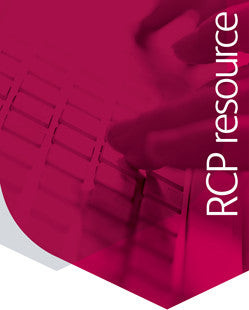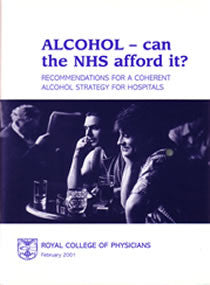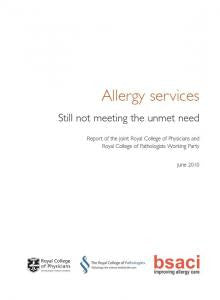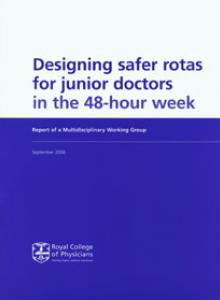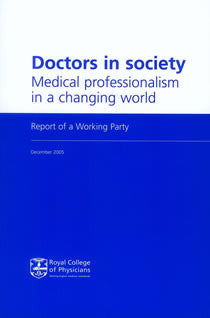Preventing people from starting smoking, and helping smokers to stop smoking are crucial if the massive burden of premature death and disability caused by smoking in the UK is to be reduced.
The Royal College of Physicians has argued consistently for more effective tobacco control policy in the UK, including harm reduction strategies to help to achieve this. In particular, we strongly advocated the establishment of a Nicotine Regulatory Authority to implement a radical overhaul of the way that nicotine products are regulated in the UK. This authority would rebalance the restrictions on the different nicotine products and maximise the likelihood that smokers who want to stop smoking will succeed. Also, those who fail or do not want to stop using nicotine products would be more likely to chose a less hazardous nicotine source than tobacco.
We acknowledge and applaud the progress that has been made in implementing tobacco control policy in the UK over the past ten years, but we believe that a great deal more could and should be done. In this short report we outline how more effective tobacco control and harm reduction policies could be designed and implemented. In it we call for a dramatic increase in the restrictions on availability, affordability and promotion of smoked tobacco; and for the radical liberalisation of the medicinal nicotine market. We provide a framework to harness any potential public health benefit from other, non-medicinal sources of a Nicotine Regulatory Authority in overseeing these changes. We believe that these approaches, if fully implemented, have the potential to end tobacco smoking in the UK within the next 20 years.


